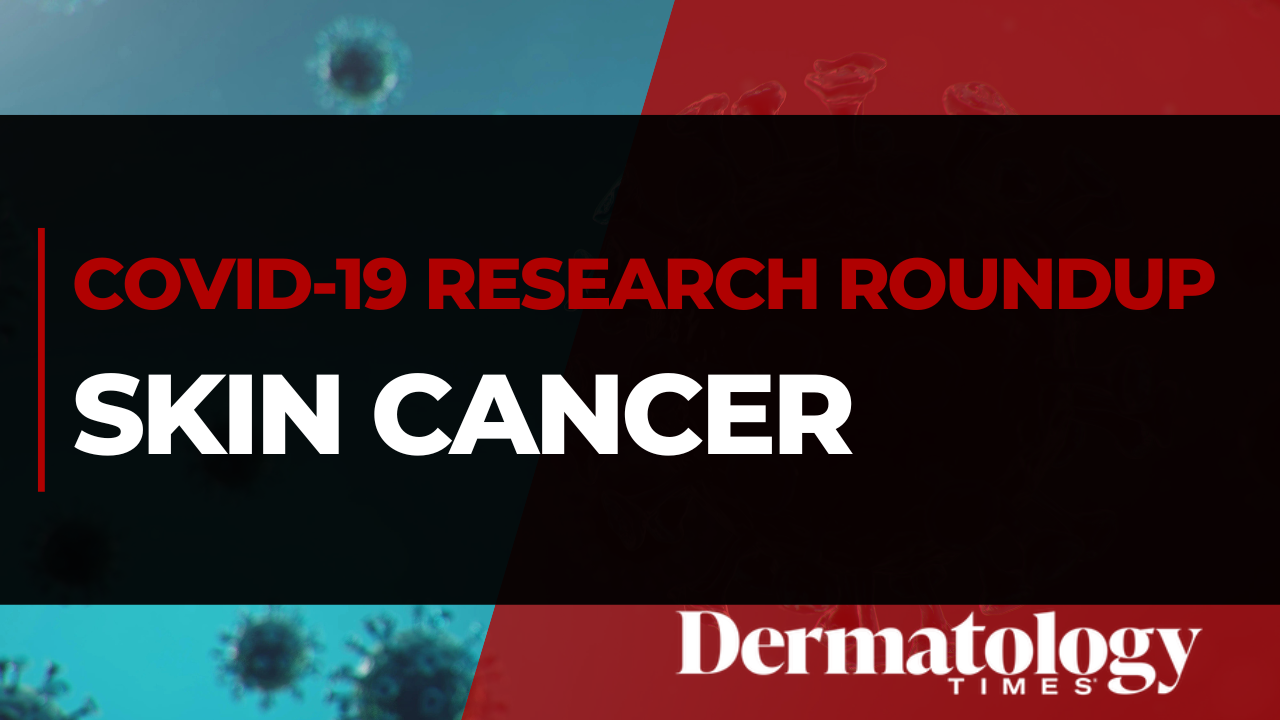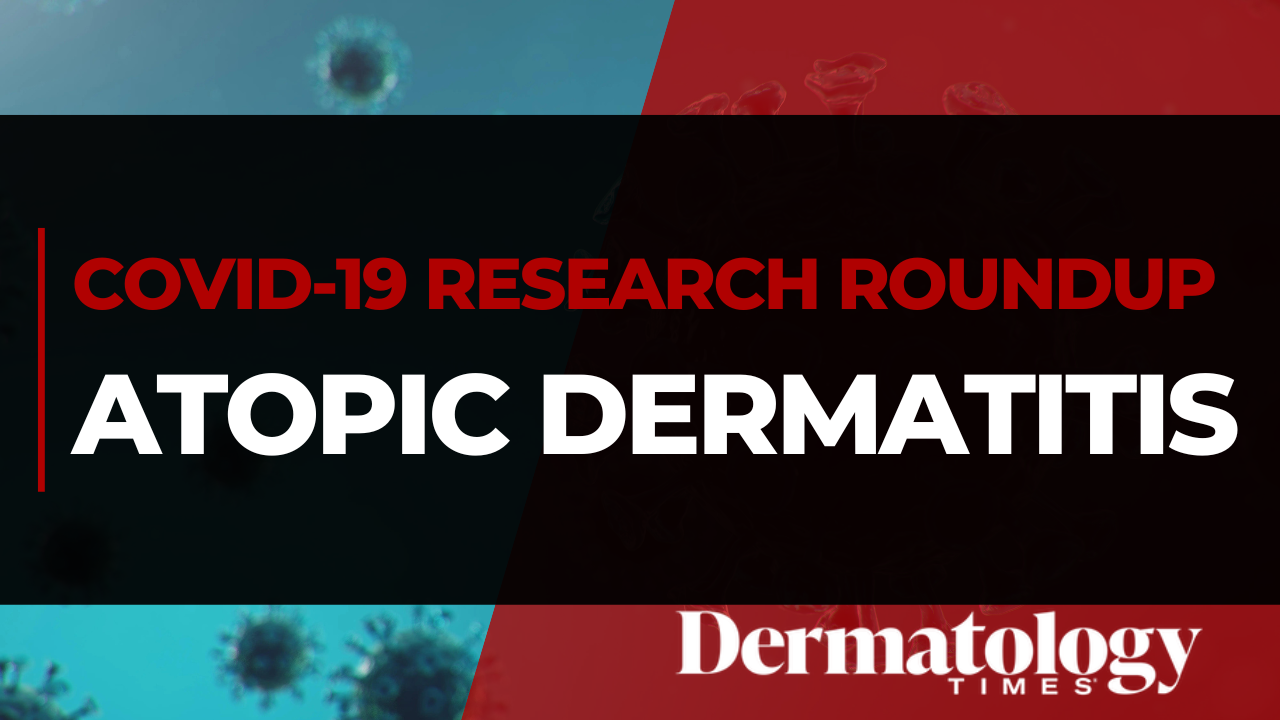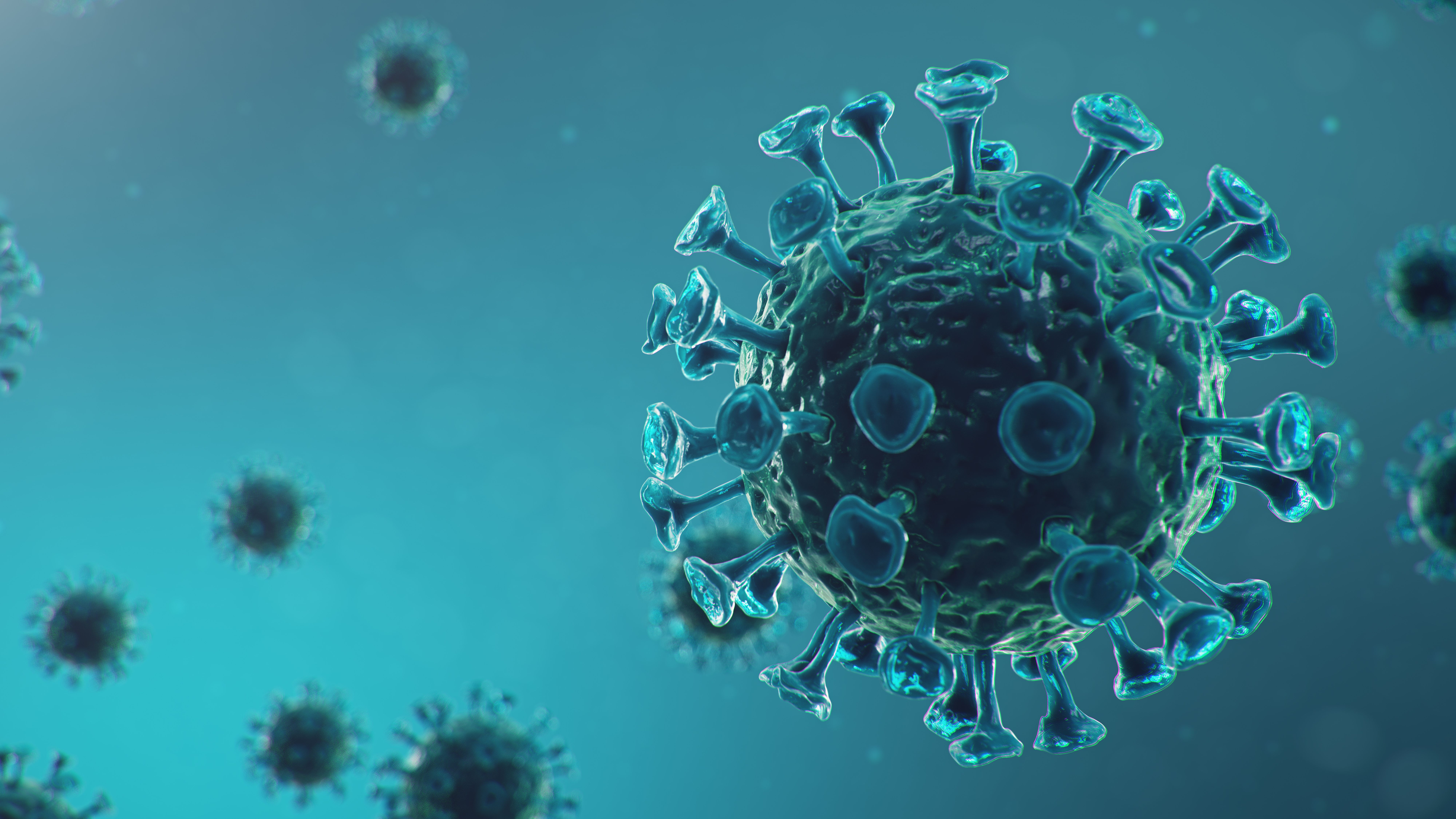- Case-Based Roundtable
- General Dermatology
- Eczema
- Chronic Hand Eczema
- Alopecia
- Aesthetics
- Vitiligo
- COVID-19
- Actinic Keratosis
- Precision Medicine and Biologics
- Rare Disease
- Wound Care
- Rosacea
- Psoriasis
- Psoriatic Arthritis
- Atopic Dermatitis
- Melasma
- NP and PA
- Skin Cancer
- Hidradenitis Suppurativa
- Drug Watch
- Pigmentary Disorders
- Acne
- Pediatric Dermatology
- Practice Management
- Prurigo Nodularis
- Buy-and-Bill
Article
The Connection Between COVID Lung Lesions and Skin Lesions
Jack Arbiser, MD, PhD conducted research in a recent study to observe the impact R-propranolol has on broad-spectrum anti-coronavirus activity.
The rapid spread of COVID-19 called for the quick development of antiviral therapies and exploring the capabilities of existing drugs cleared by the US Food and Drug Administration (FDA). Jack Arbiser, MD, PhD, and dermatologist at MetroDerm in Atlanta, Georgia was one of the researchers in a study suggesting that the already-approved R-propranolol could be a great drug to explore further in clinical trials because of its ability to inhibit virus replication and pathogenic host responses to infection.1 Arbiser explained the study results and what to look forward to next in an interview with Dermatology Times®.
Jack Arbiser, MD, PhD: One of the things that struck me about COVID is that they have really bad pneumonia, and that's caused by leaky blood vessels. There was a paper in the New England Journal at the beginning of the pandemic that showed that the virus really had a strong effect on blood vessels that always seems to target blood vessels. One of the factors that was really strongly upregulated by the virus is a hormone called angiopoietin-like 4 (angptl4). That causes blood vessels to leak. And basically, the blood vessels leak, you can't breathe, basically, because fluid goes into your lungs. That is kind of the major cause of problems in COVID. And possibly the effect that the virus infects blood vessels might also lead to long COVID. I was intrigued by that because I've done previous work on angptl4 as it's found that propranolol, which is a drug that's used to treat hemangiomas of infancy, works on hemangiomas by downregulating angptl4. And so that led me to believe that propranolol which is a drug that's already used in medicine might be beneficial in treating the complications of COVID. And so we collaborated with a group at the University of Leiden who has a lot of experience with COVID and related coronaviruses. And we showed that our propranolol, which is a form of propranolol, which blocks the growth of hemangiomas of infancy, also blocks the replication of the virus. Not only that, it blocks the replication of other related coronaviruses, such as MERS and SARS, which also have similar effects. And so we think that this is going to be really useful in the treatment of any kind of pneumonia that has high levels of vascular leak. And we think that it should be tested and COVID. And potentially any other very dangerous virus, we're hearing more about bird flu, which also has a very high mortality. And again, the reason that flu in COVID kills is because it causes leaky blood vessels until you can't breathe.
Dermatology Times: What can dermatologists learn from this?
Arbiser: I thought it was fascinating that, that there was a link between hemangiomas, which are these red lesions and COVID. And basically, if you think about it, angptl4 is probably found in any skin lesion that's kind of red. If you think about when you have COVID pneumonia, your lungs are also kind of red, although you can't see that, but if you look through a bronchoscope, in the lungs of somebody with COVID, you'd see a lot of leaky blood vessels. Any skin lesions that are red probably have a high level of angptl4, which causes the leaky blood vessels. And if you have leakiness in the lungs, it's similar to, you know, having skin disease. I think it's really neat that a small molecule could potentially work on both, and that basically, a finding from dermatology could be a benefit in treating lung diseases as well.
Dermatology Times: What is next in this research?
Arbiser: What I would like to do in an ideal world istest high doses of this form of propranolol on patients who have severe lung disease fromfrom COVID. Even though the pandemic is winding down, there are still a large number of people who are dying every day because of COVID. And it's my belief that this form of propranolol could be used in a clinical trial in order to alleviate the symptoms of COVID to block vascular link, and therefore, speed up recovery.
Transcript edited for clarity.
Reference
1. Thaler M, Salgado-Benvindo C, Leijs A, Tas A, Ninaber DK, Arbiser JL, Snijder EJ, van Hemert MJ. R-propranolol has broad-spectrum anti-coronavirus activity and suppresses factors involved in pathogenic angiogenesis. International Journal of Molecular Sciences. 2023; 24(5):4588. https://doi.org/10.3390/ijms24054588





